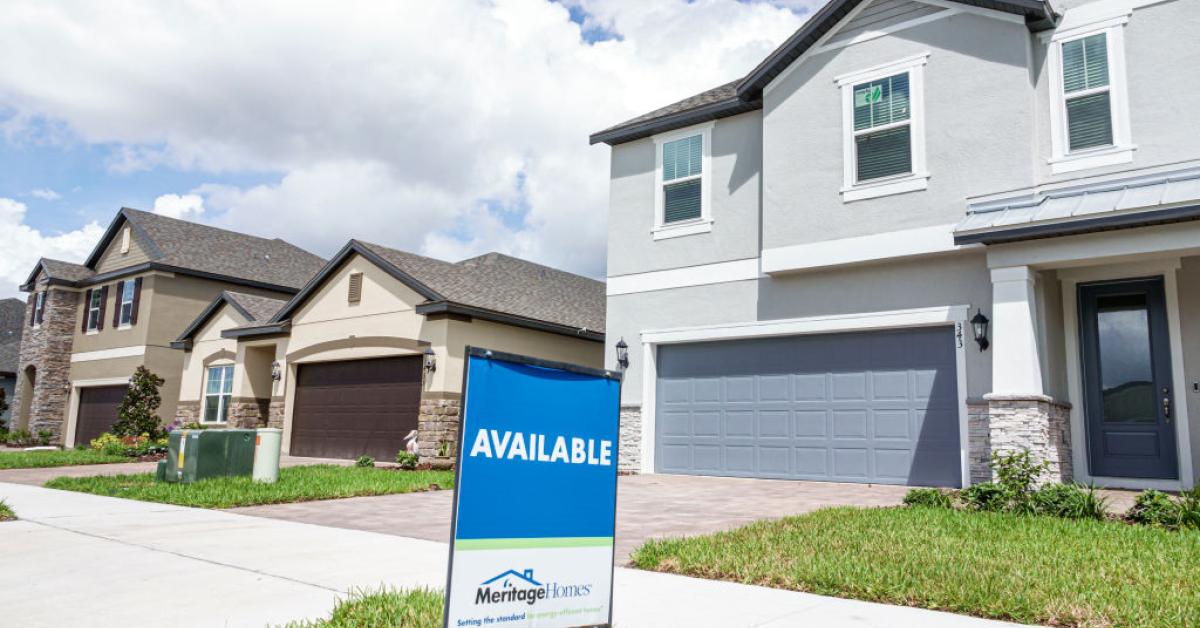We support our Publishers and Content Creators. You can view this story on their website by CLICKING HERE.

The National Association of Realtors has unveiled its list of the top 10 housing markets poised for significant growth in 2025.
NAR Chief Economist and Senior Vice President of Research Lawrence Yun highlighted key factors contributing to the anticipated growth in these areas, including available price points, higher income growth among young adults, and net migration into these specific metro areas.
The top 10 housing hot spots for 2025 include:
Boston-Cambridge-Newton, Massachusetts-New HampshireCharlotte-Concord-Gastonia, North Carolina-South CarolinaGrand Rapids-Kentwood, MichiganGreenville-Anderson, South CarolinaHartford-East-Hartford-Middletown, ConnecticutIndianapolis-Carmel-Anderson, IndianaKansas City, Missouri-KansasKnoxville, TennesseePhoenix-Mesa-Chandler, ArizonaSan Antonio-New Braunfels, Texas
Those markets have demonstrated strengths across several indicators, positioning them for robust performance in the upcoming year.
NAR forecasts that mortgage rates will stabilize near 6% in 2025, likely establishing a new normal. With that rate, more buyers are expected to return to the market, boosting the activity.
The association projects 4.5 million existing home sales and a median existing-home price of $410,700 in 2025, reflecting a 2% increase from the previous year.
“Home buyers will have more success next year,” Yun said.
He said that the worst of the affordability challenges were over, as more inventory, stable mortgage rates, and continued job and income growth continue to pave the way for more Americans to reach homeownership.
The South region leads with four of the 10 housing hot spots on the list, followed by the Midwest, which has three and highlights the diverse opportunities for potential homebuyers or investors.
As 2025 approaches quickly, these identified hot spots are set to offer promising prospects for buyers.
The NAR report also highlights how migration patterns are heavily influencing markets. Many Americans are moving from coastal cities to regions with more affordable housing, job opportunities, and a lower overall cost of living.
Some of the identified housing markets for 2025 share several commonalities, including strong job growth, population increases, and a focus on affordable housing compared to national averages.
One example can be seen in Grand Rapids where, unlike many coastal cities, more affordable housing options exist. At the same time, its growing craft beer industry, arts scene, and proximity to outdoor recreation appeal to newcomers.
Cities like Charlotte, Concord and Gastonia, throughout North Carolina and South Carolina, continue to attract new residents due to their growing tech and financial sectors and affordable housing options compared to larger metro areas.

 Conservative
Conservative  Search
Search Trending
Trending Current News
Current News 





